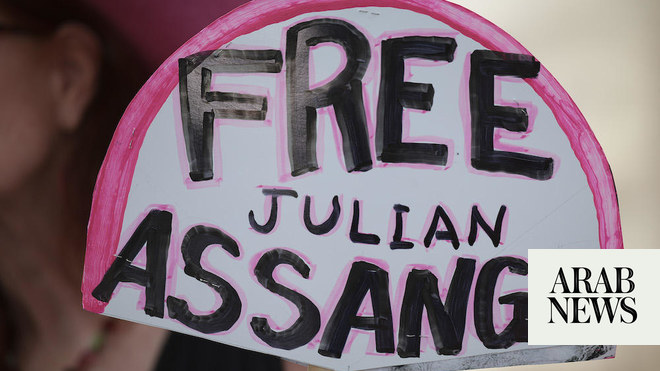
ver the past two weeks, people around the globe have gathered in protest against the terrible deaths of George Floyd, Breonna Taylor and Ahmaud Arbery. In the UK, within just a few days, it was revealed that the case of Belly Mujinga, who died of coronavirus after being spat at in Victoria station, had been closed while the government’s report on race and Covid-19 showed that, as suspected, black people are disproportionately dying from the virus.
Amid all the fury, corporations have been quick to express solidarity with the Black Lives Matter movement, and publishers have been among them. As readers around the world have flocked to buy more anti-racist books by black authors, each day editors, agents and authors have taken to social media to call for more action. Mainstream publishers have made donations to Black Lives Matter causes, while the #InclusiveIndies fundraiser has raised more than £150,000. Over the weekend, authors also shared how much they were paid to write their books via the hashtag #publishingpaidme, which, among other things, exposed racial disparities in the advances paid by the big publishers. Agents and editors have been more vocal in asking black authors to submit their work in the future.
But if we are going to inspect the industry’s support of Black Lives Matter, we must honestly assess its existing support for black voices. Year in, year out, the numbers have shown all the ways publishing has failed to reflect society. The most recent census by the Authors’ Licensing and Collecting Society revealed that only 6% of authors published in the UK are people of colour. A 2019 report found that just 7% of children’s books featured a BAME character. Last year, the Publishers Association found that only 13% of those working in publishing were BAME (in an industry that is mostly based in London – yet the proportion who went to private school was three times the national figure). Another survey by Creative Access found that 55% of respondents “did not feel the industry was open to change”.
While it is positive that anti-racist book sales are soaring, and that agents are calling for more submissions from black authors, we must remember this came after the inhumane killing of George Floyd. It’s terribly saddening that only after a black man’s death have we seen this global outpouring of support for a movement that has existed for so long.
The biggest black voices in publishing have told us about the books we’ve missed out on because the industry only wanted stories from them that were directly to do with the black experience. Noughts and Crosses author Malorie Blackman last week shared details of a fantasy novel about two black magical siblings that was rejected because “it wasn’t believable”. “Can I make a plea to publishers to embrace more BAME-originated stories which are not overtly about the trials and tribulations of being BAME. Let us live and love,” she wrote. Author Dorothy Koomson wrote: “My books were rejected because they weren’t about ‘the black experience’; my books were ignored cos I wasn’t writing how they thought black people are like; I was told to put clues in about my characters’ colour; I was asked to make characters racist.”
The power of being able to tell your story, and to decide which stories are told, is housed in this industry. But publishers have been shown to be blocking black authors, and black readers, from telling and reading. This is clearly destructive. Equal and fair opportunities must be given to black authors, they must be free to write about what they desire, regardless of whether it’s centred on race or not (publishing small amounts of works by black authors that get tokenistically pushed is not enough).
It should be noted that there have been organisations and people in publishing who have been doing great work in uplifting black voices. This includes, but is not limited to: Margaret Busby, Verna Wilkins, Nii Ayikwei Parkes, Joy Francis, Valerie Brandes, Bibi Bakare-Yusuf, Rosemarie Hudson, Crystal Mahey-Morgan, Candice Carty-Williams, Ellah Wakatama Allfrey, Elise Dillsworth, Bernardine Evaristo, Aimée Felone, Sharmaine Lovegrove of Dialogue Books, Abiola Bello, Sile Edwards, Marianne Tatepo, Nancy Adimora, Lemara Lindsay-Prince and Emma Wallace of Merky Books, and Black Girl Book Club.
Beyond words of solidarity, the publishing industry must guarantee that this support for black voices remains – even after the current vogue for the Black Lives Matter movement wanes.
Magdalene Abraha is a writer and award-winning publisher at Jacaranda Books. She set up and runs the A Quick Ting On series.












